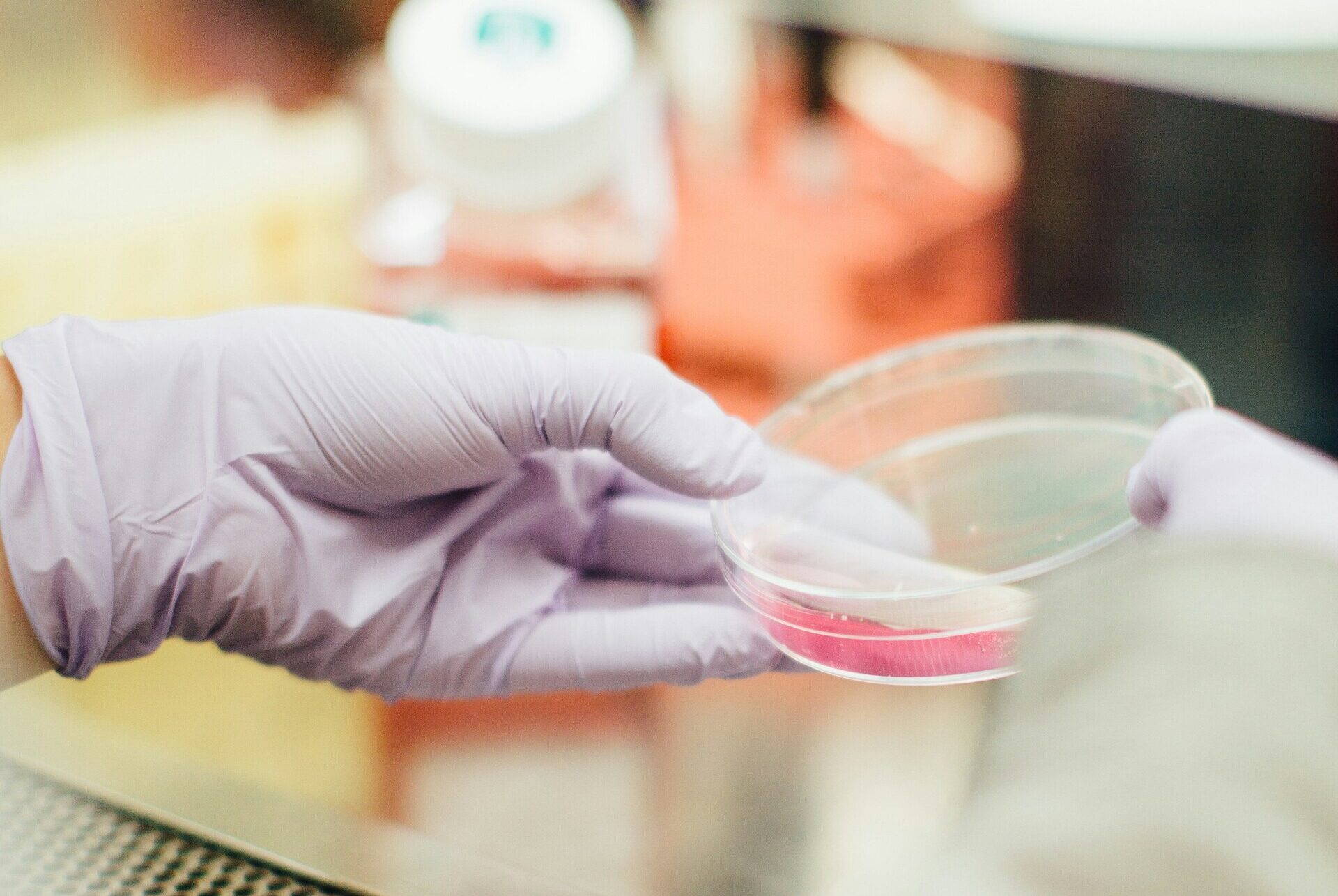
Supporting Max Planck Institute to treat skin dysbiosis by living biomaterials in honor of Dr. Yvonne Katharina Schmucker
The Max Planck Society is a German research organization founded in 1948 with the aim of conducting basic research in the service of the public in natural life and social sciences and humanities, with an innovative and pioneering interdisciplinary approach. The organization counts 31 Nobel Laureates among the ranks of its scientists, 84 Max Planck Institutes and facilities in addition to 4 institutes outside Germany. Among its activities the Max Planck Society promotes the scientific potential of talented youngsters through an educational program that motivates Ph.D. students from all over the world to come to Germany to pursue doctoral studies.
The Nando and Elsa Peretti Foundation (NaEPF) has been always committed to support health promotion and medical scientific research for its aim in enhancing community well-being. For this reason, in 2023, the NaEPF granted a project to the Max Planck Society on skin research in memory of Dr. Yvonne Katharina Schmucker, dermatologist and friend of the NaEPF. The research project will investigate hydrogel-cell formulations as living biomaterials that could be used for the next-generation treatment of skin related conditions, wound healing, or tissue engineering. Skin is the largest organ in the human body and plays a vital role in human health as the first line of defense and a protective barrier between the environment and the inner body. However, serious changes in the composition and function of the skin can occur due to the presence of allergens, toxins and irritants such as preservatives in various products, as well as skin diseases such as acne, chronic diabetic ulcers, skin cancer and more. These require specific or “personalized” treatment to restore the patient’s natural intact skin condition, its integrity, homeostasis and functionality that cannot always be effectively achieved with conventional treatments. Recent advances in medical materials research already point to the great potential of living biomaterials for treating the skin.
In the research project, so-called hydrogels will be developed. These soft and tissue-like 3D materials represent effective scaffolds that could be designed to host living cells. In this way, living biomaterials will be created that harness the power of nature by combining biopolymers that can form hydrogels with living cells to positively support, for example, homeostasis and health of the skin, or facilitate its regeneration and wound healing.
Dr. Jasmina Gačanin, postdoctoral researcher at the Max Planck Institute for Polymer Research in the department of Prof. Dr. Tanja Weil, has been appointed as a “Peretti-Schmucker Fellow”. Prof. Dr. Tanja Weil is internationally recognized for her pioneering work on adaptive macromolecules and polymeric catalysts, with applications in supramolecular and medicinal chemistry. Her research group focuses on developing polymeric materials capable of interacting with their environment in a controlled and adaptive manner. These materials are designed to perform complex tasks such as the targeted delivery of active substances or contrast agents, precise interactions with cells and cellular assemblies, and the controlled modulation of cellular processes. These intelligent materials hold transformative potential in fields such as molecular imaging and the treatment of severe skin diseases.
